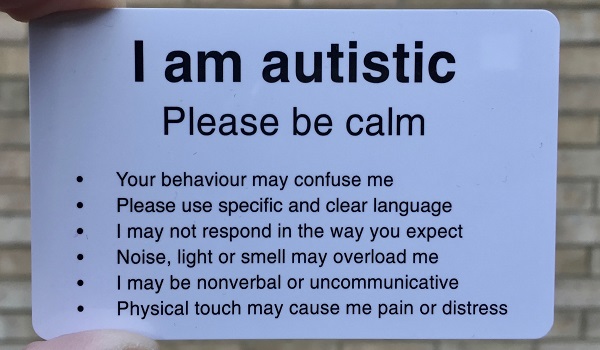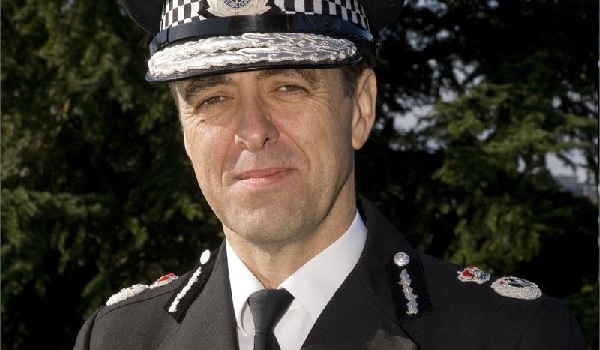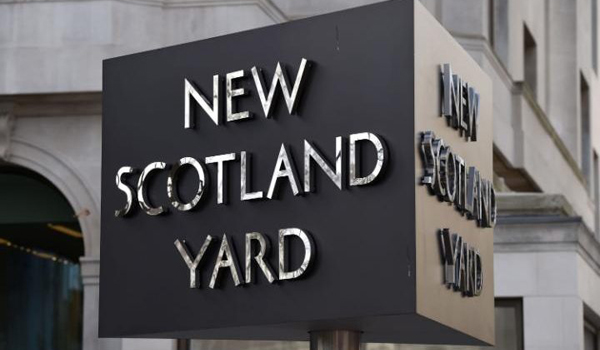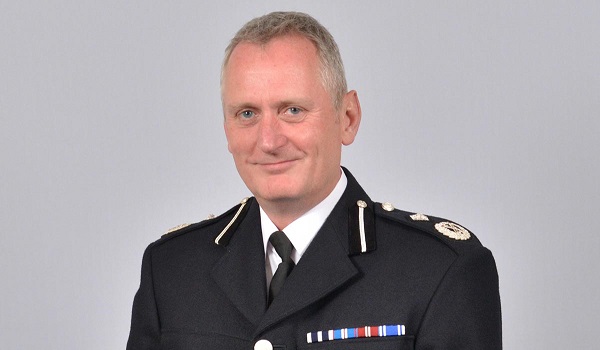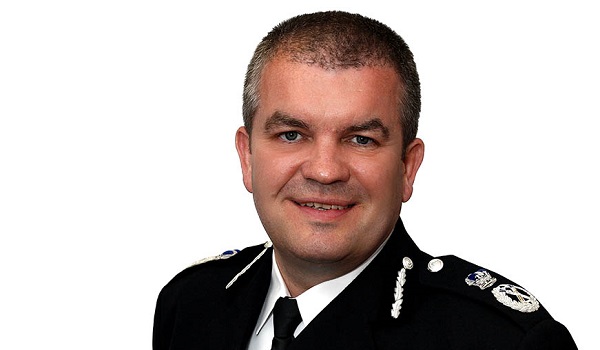Autism alert cards aim to improve police interactions
A new scheme to improve the way police officers interact with those with autism is being introduced across London.
Autism Alert Cards will identify the cardholder as having an autism spectrum disorder and include basic information such as the person’s name and contact details for an appropriate adult. The aim is to provide officers and staff with the necessary information to assist understanding and effective interaction during police contact.
The cards will alert officers to the fact that the person may have difficulty with communication and exhibit unusual or unpredictable behaviour. In turn, officers will be able to make appropriate and reasonable adjustments and interact with the individual appropriately. The card also details how autism manifests and provides practical advice for the officer involved.
The cards will be distributed and made available through autistic partnership boards and police across the capital.
The scheme is the result of a collaboration between the Metropolitan Police Service (MPS), City of London Police and British Transport Police. It has been developed following extensive consultations with individuals with autism and their parents, the National Autistic Society, Autism Partnership Boards and other partner agencies and is supported by the National Police Autism Association.
Detective Superintendent Helen Lyons, the MPS lead for adults neglected, vulnerable and abused, said: “Autism is a complex condition characterised by social and communication difficulties. Having an encounter with police – whether as a victim, someone officers are concerned for the welfare of, or as a suspect – is an unsettling encounter for anybody, but for someone with autism, it can be extremely distressing.
“It could be the confrontation with a stranger, or the idea of physical contact that triggers an adverse, nervous reaction in that person and potentially escalate the situation. Officers currently have no way of knowing whether someone has autism, a condition which may explain their behaviour.
“This card solves that problem and will give officers the best chance to seek the appropriate assistance and support for that person.
Clare Hughes, criminal justice manager from the National Autistic Society, added: “Encounters with the police can be particularly challenging for autistic people, who often find communication difficult and can become extremely anxious in situations they don’t understand – particularly if they’re surrounded by noise and confusion.
“The 700,000 autistic people in the UK are subject to the law, just like everyone else, and may come into contact with the police at different points of their lives and for different reasons. We’ve heard awful stories of anxious behaviour being misinterpreted by emergency services and situations escalating quickly.
“Up until now, officers have had no way of knowing whether someone is autistic. By ensuring that the police have clear and tailored information about each individual’s communication style, sensory issues and any particular difficulties they face. This should allow officers to adapt their communication or actions, so they can make sure they treat autistic people appropriately and with respect.
“We know that police officers want to do their best. This scheme, alongside training, should help them do that, and go a long way towards ensuring the police protect and treat autistic people fairly.”


